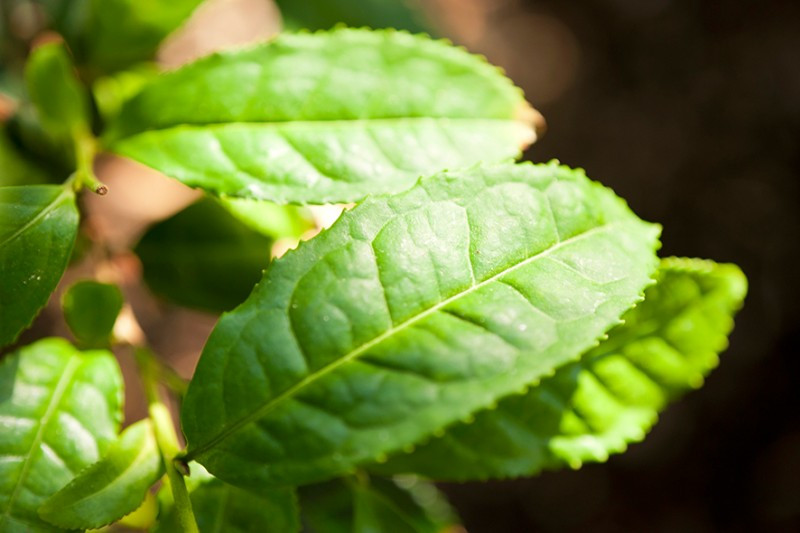As Kermit the Frog is so fond of saying, It's not easy being green. But Kermie probably has never sipped from a nice, piping-hot cup of green tea. It not only tastes great and is less filling but also full of properties that make it a great benefit to our health in numerous ways. Some experts – human ones, in fact – have gone as far as to describe green tea as the healthiest thing to drink, period. The key to green tea's robust and diverse attributes are the catechins it contains, per webmd.com. Catechins, a type of polyphenol (polyphenols comprise about 30 percent of green tea by weight), are natural antioxidants effective in guarding against cell damage while also providing other benefits, per healthline.com. More specifically, green tea's most powerful compound is epigallocatechin gallate (EGCG), which has several medicinal properties that make it useful in various medical treatments.
Green Tea's Benefits
Speaking of which, here's a rundown of many of green tea's benefits. In looking through this, you might think it possible to go the rest of your life consuming nothing but green tea, but that wouldn't be prudent; you still want to eat a richly balanced diet complemented by plenty of exercise and sleep.- Arthritis support. Green tea's nutrients, minerals, and antioxidants are believed to help fend off changes in tendons, muscles, joints, and bones linked to diseases such as arthritis. It can help slow the inflammation response, per dailynaturalremedies.com.
- Bolster fat burning. Trials have shown that green tea can boost fat burning and the metabolic rate within the body. One study showed that green tea increased fat oxidation by 17 percent, proof of the ramped-up burning of fat, per webmd.com.
- Boost immunity. The components of green tea have indicated an ability to help us fight off infections while also regulating hormone levels. Overall health and wellness are in order as well, thanks to green tea.
- Healthy digestion. Ingestion of green tea has been linked to improvement in digestive orders such as Crohn's disease, GERD, and constipation.
- Improve cognitive function. Green tea contains some caffeine, which studies have shown to be a compound that can improve mood, reaction time, and memory, per webmd.com. It might also protect against the risk of Alzheimer's and Parkinson's in later life.
- Improve dental health. Not only can green tea kill bacteria, like the kind that grows inside your mouth, such as along your gums, but it also can help fight bad breath.
- Liver health. Green tea is believed capable of helping the body to rid itself of toxins by acting as a cleansing agent. It can also help protect against toxic substances still present, by counteracting the negative effects of, for example, alcohol consumed in conjunction with prescribed medications, per dailynaturalremedies.com.
- Lower cardiovascular disease risk. Not only has green tea earned a reputation for improving cholesterol levels and reducing triglycerides, but drinkers of green tea have shown as much as a 31 percent reduced risk of cardiovascular disease.
- Reduce Type 2 diabetes risk. It helps regulate blood-sugar levels.

